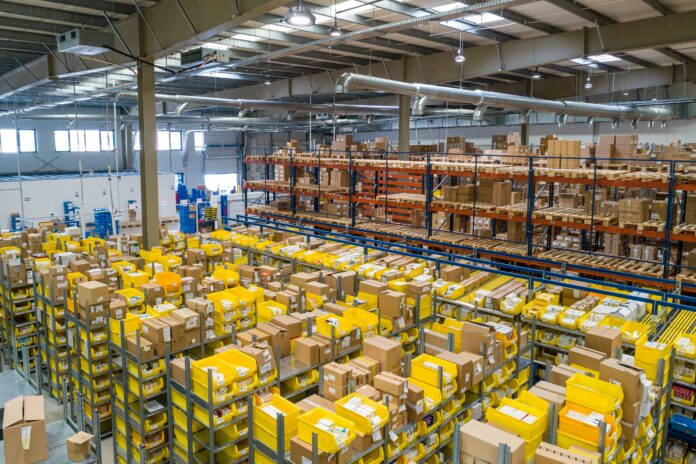
Dhaka Airport (DAC), located in the capital of Bangladesh, is a key logistics hub in the region; therefore, the fire at its import cargo terminal has significantly disrupted supply chain operations on this route. The incident is causing delays in air transport to and from Bangladesh due to reduced connectivity — both cargo and passenger. Consequently, we can expect freight rates to rise in both import and export relations, which are crucial for the European market. South Asia, including Bangladesh, is a major global production hub, particularly in the fashion and electronics sectors, so the current situation may lead to supply disruptions. It is also worth noting that due to operational constraints, a backlog — an accumulation of ready-to-ship cargo — is likely to develop.
An alternative for supply chains in this direction is a sea-air service with transshipment in air terminals such as Colombo (Sri Lanka), Singapore, Dubai (United Arab Emirates), or Malé (Maldives), followed by sea delivery to Bangladesh. Another option is direct sea transport to and from European ports; however, it should be remembered that the ongoing Red Sea crisis, lasting for about two years, has significantly extended maritime transit times. In the case of Bangladesh, there is no rail connection to Europe as there is with China, which makes the operational disruptions at DAC Airport particularly severe for global supply chains.
At SUUS, we continuously monitor developments in the region, inform our clients about possible changes, and work with them to identify the most effective solutions. This is yet another example of how, in times of geopolitical tension, the advisory role of logistics operators becomes increasingly important.
Written by: Mariusz Filec, Airfreight Product Director CEE, Rohlig SUUS Logistics




